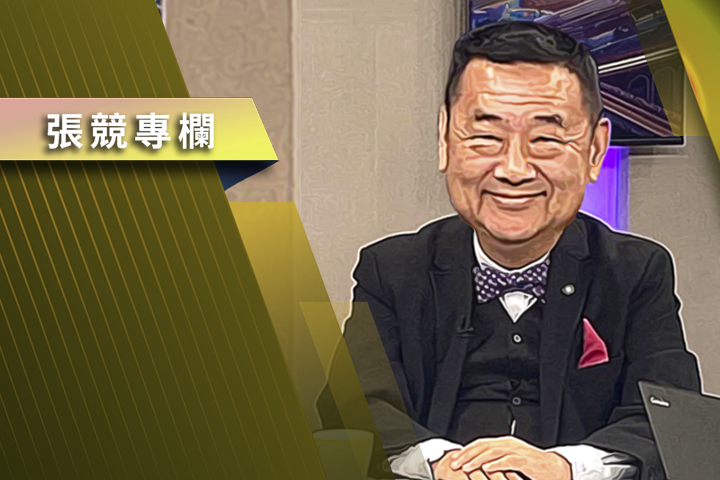By Dr. Chang Ching (張競)
KAOHSIUNG — As the Kuomintang (KMT, 中國國民黨) chairmanship race nears voting day, tensions are rising and rhetoric is sharpening. Candidates struggling in the polls have resorted to increasingly erratic claims — including warnings that Beijing will interfere in the outcome. The suggestion is not new, and not entirely false. But the reality is more complex.
An American reporter with the newly created English media source, Kaohsiung Times, asked me recently whether Beijing truly influences Taiwan’s elections. My answer was simple: “The existence of the Beijing regime itself is a vital and essential element of almost all political formulas in Taiwan. The Chinese Communist Party and regime, therefore, inevitably may influence all the elections in Taiwan as well.”
Beijing’s growing power has made it impossible for any Taiwanese politician to ignore cross-strait relations. Whether they like it or not, every party, every candidate, must factor China into their strategy. In this sense, Beijing’s mere presence — not its actions — already shapes Taiwan’s political landscape.
Yet that does not mean Beijing is directly intervening in Taiwan’s elections. To interfere would require deliberate, traceable action — the kind that produces clear cause and effect, like illicit funding or manipulation. Without such evidence, accusations of Chinese “interference” risk being little more than political theater.
Blaming Beijing for every fluctuation in public opinion underestimates Taiwanese voters and insults their intelligence. To suggest that Taiwan’s democracy can be easily swayed by Beijing’s whims is to deny the agency of its 23 million citizens.
Yes, China is a constant factor — unavoidable, influential, and inescapable. But that is not the same as interference. Declaring otherwise without proof is political laziness, not analysis. Those who make such claims may sound patriotic, but they reveal themselves as naïve, like “a rabbit lost in the jungle of politics,” mistaking noise for understanding.
In Taiwan, Beijing’s shadow is permanent. But the choices made under that shadow remain our own.
Note: This article first appeared in Meihua Media on Oct. 12, 2025. Image via Meihua Media.
About the Author:
張競 CHANG, Ching, is a retired Captain who served in the Republic of China Navy for over three decades. He’s currently a Senior Research Fellow of the Society for Strategic Studies, ROC (中華戰略學會資深研究員), and a frequent TV political commentator. A self-described proud Chinese person and a strong supporter of the Republic of China, Dr. Chang was born in Kaohsiung and has spent most of his life in Taiwan’s southern harbor city. Chang’s blend of cynicism mixed with a sense of humor brings a unique perspective to his criticism on political matters, strategic issues, and maritime affairs.



